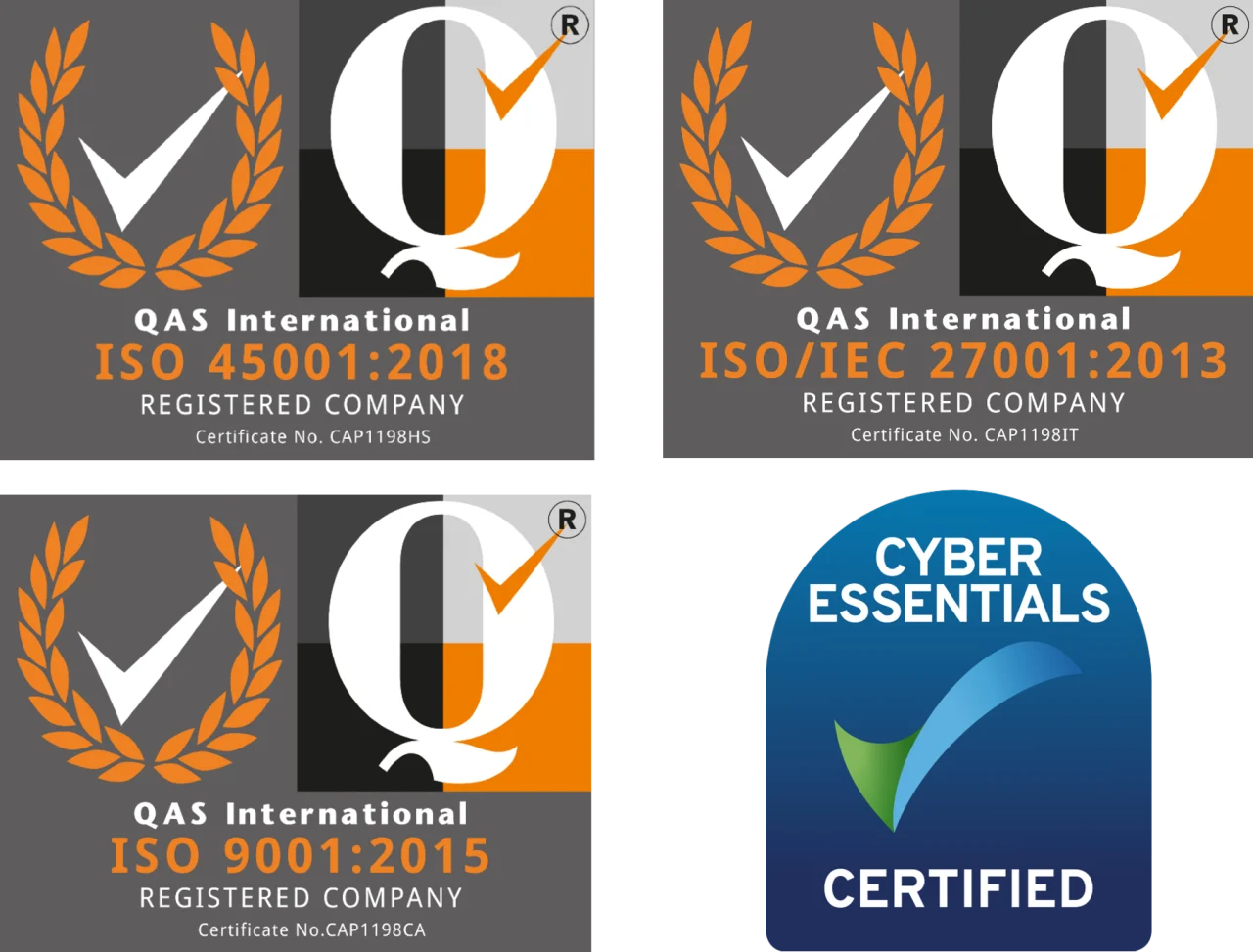Cloud Computing is a concept you will undoubtedly be hearing more of, so we’ve written a brief introduction covering some of the advantages & disadvantages of Cloud Computing, a rapidly growing method of working.
Essentially Cloud Computing is about saving money and time. As you will no doubt be aware, computer networks are usually owned by the people using them and all of the equipment is typically installed in the owners’ offices. Every organisation has thus invested in its own infrastructure (servers, PCs, network switches etc) and must shell out for all the costs and hassle of supporting it.
Cloud Computing says that doesn’t need to be the case anymore!
Providers of ‘cloud’ services include large computer companies who have already taken on the expense of highly sophisticated infrastructure so you don’t have to. Instead of all the work happening on PCs and Servers in your offices, it can happen on their kit, and they can provide you with access to your files, software, and other functionality through the internet (aka cloud) using a plain old web browser. Moreover, because these are web-based services, you can access your stuff and work on it from any internet-enabled computer, meaning ever greater numbers of people who don’t need to travel to work, and with even the lowliest of devices offering internet access, you won’t need fancy tech to access it.
Sounds great, doesn’t it? It’s certainly the way of the future and millions of people are already using cloud services such as GoogleApps. But from where we are sitting, it’s a long way from replacing the server in the corner of the office. Here’s why…
First off, it is wholly reliant on your internet connection. Sadly, broadband in the UK is far from reliable and although moves are afoot, it will be years before 1950’s copper cables are replaced by something that is genuinely fast and stable. Secondly, just how reliable is the cloud? Mobile phone giant T-Mobile recently discovered to its cost that the service they were using didn’t have a backup when 10,000’s users email, calendar & contacts were wiped by accident. Nasty! Third, what about data protection? Google is renowned for not knowing which continent data stored in its Cloud actually ends up in! It may sound like trivial to some, but if you are working with commercially or personally sensitive data, you ought to at least know which country’s laws apply to you!
Lastly, there is a much-overlooked issue with Cloud Computing for smaller businesses & organisations….change. For better or worse, we are all (including ESP Projects!) very used to our Microsoft-badged systems; to our MyDocuments; to Word; to Outlook. When you use a computer, you know how it will look, act and perform. You rarely need to question what software it will need, or how you want it to work. Cloud Computing means fronting up to a brave new world of flexibility and choice which promises much for little outlay. Yet facing new and constantly evolving products; companies you have barely heard of; service levels that are untried and untested; is a daunting prospect for many. It requires countless man-hours of time to assess needs; evaluate and compare options; test and customise, and retrain your workforce to use it. In the past, companies like ESP have advised on the routes through this technological maze. But now there are so many options, so many services, so much innovation, these ‘routes’ are no longer well-trodden and clear cut. This puts much more emphasis on customers to (re)think and defines what they need from their technology. Hard work indeed, but maybe not such a bad thing after all?

